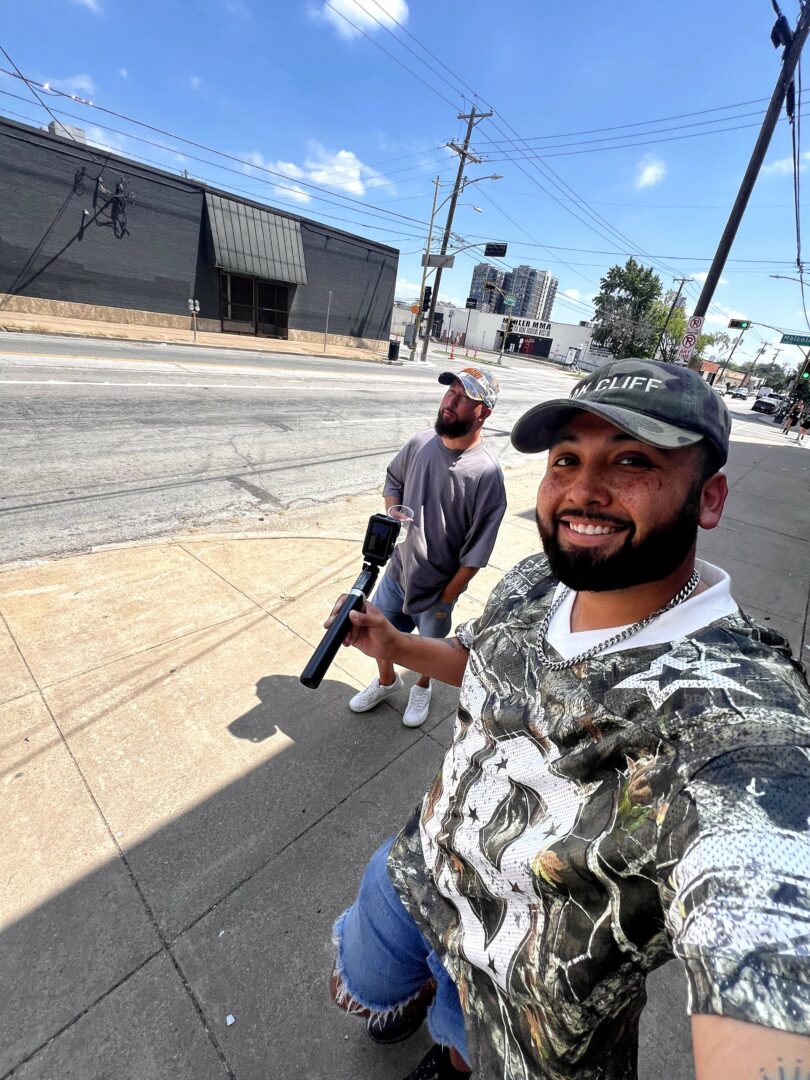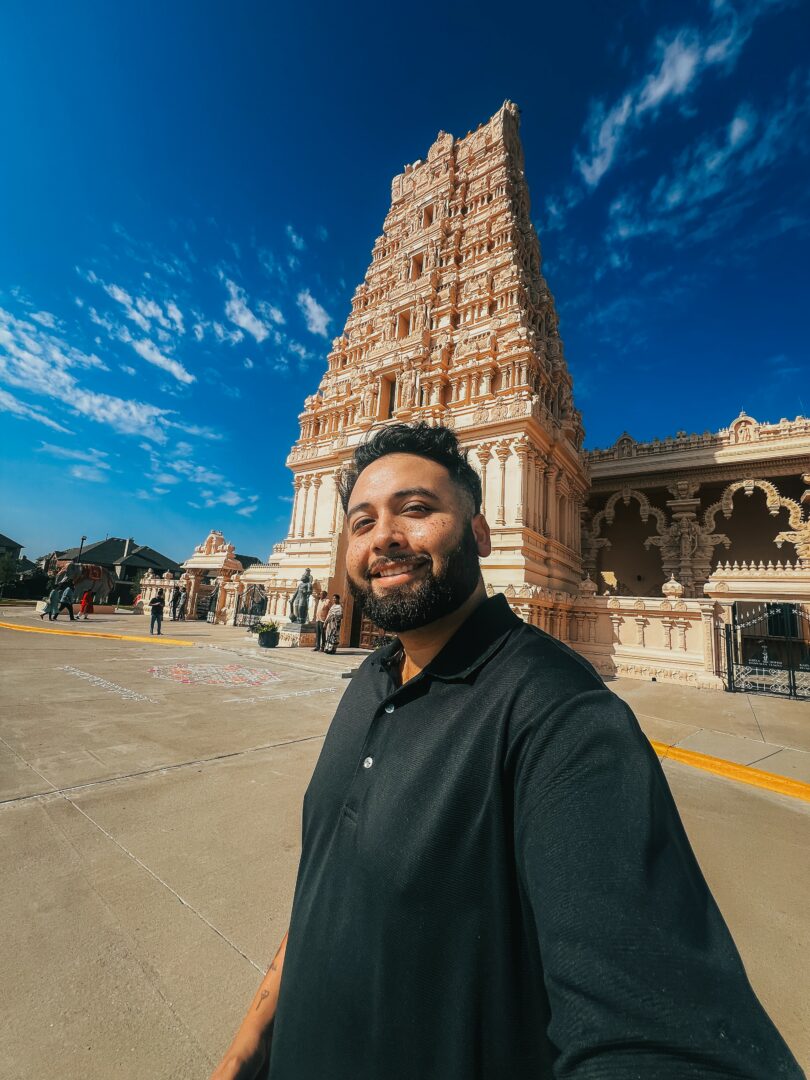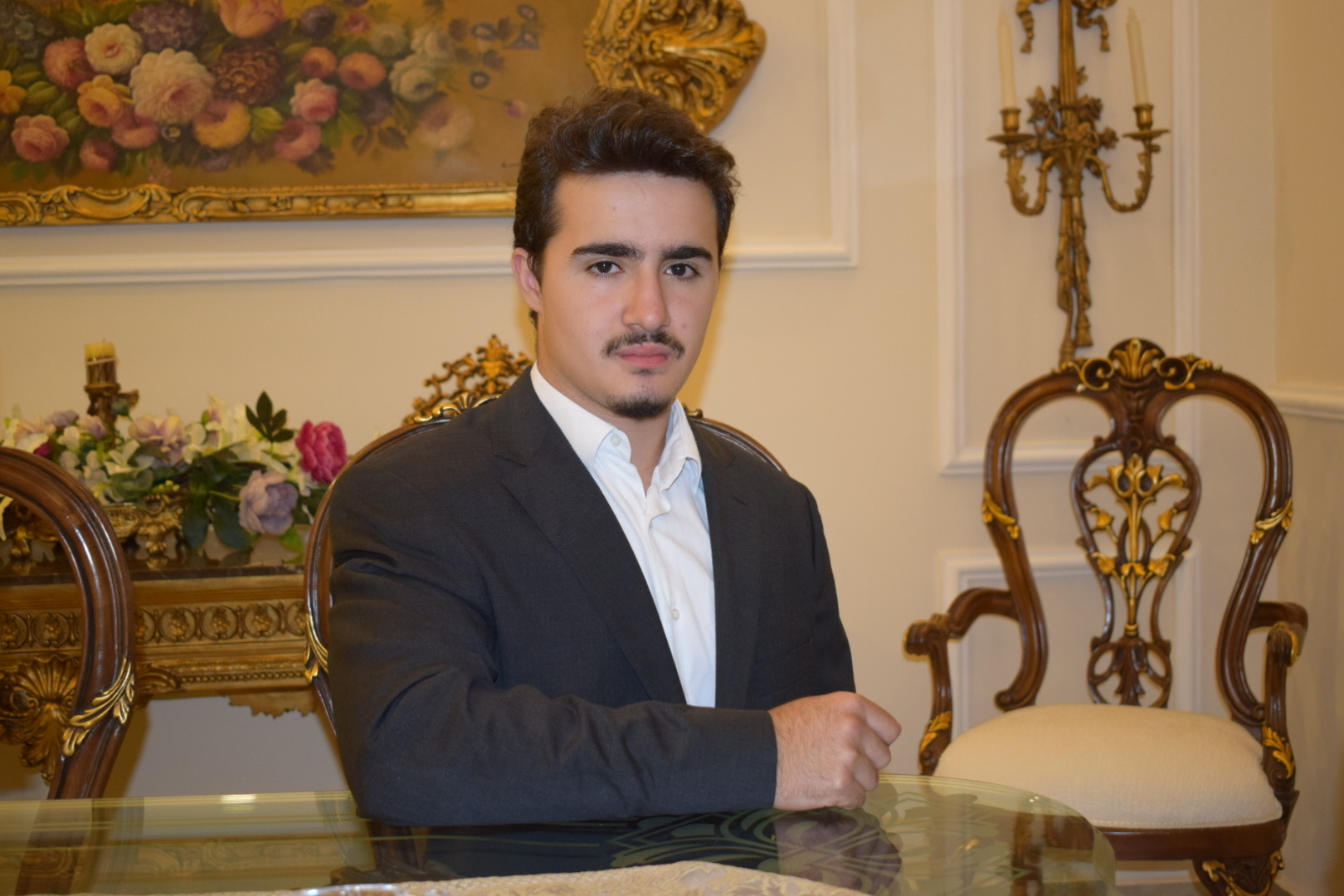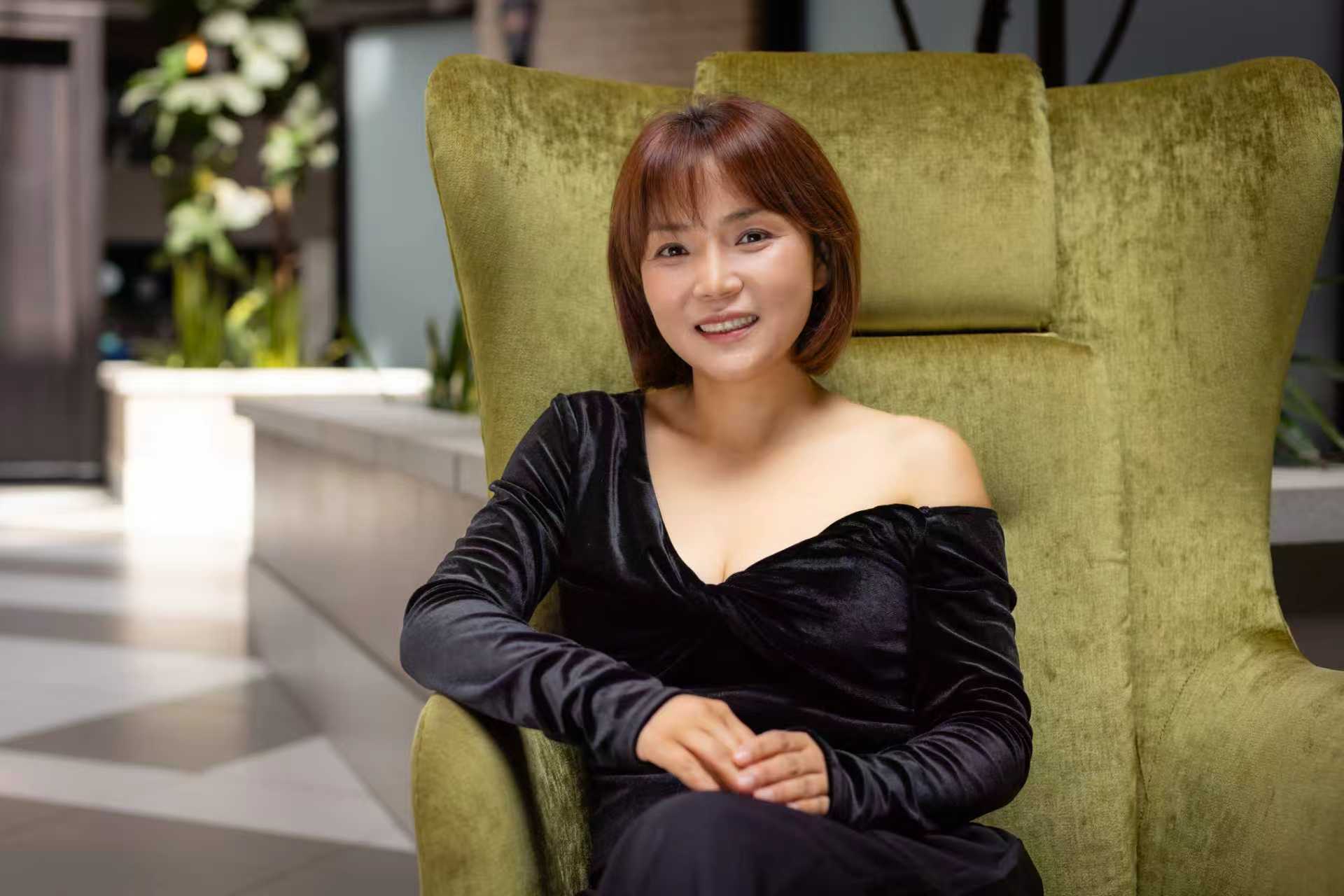We were lucky to catch up with HECTOR GUERRERO recently and have shared our conversation below.
HECTOR, so great to be with you and I think a lot of folks are going to benefit from hearing your story and lessons and wisdom. Imposter Syndrome is something that we know how words to describe, but it’s something that has held people back forever and so we’re really interested to hear about your story and how you overcame imposter syndrome.
What do I do and how do I overcome imposter syndrome?
I’m a creator, storyteller, and explorer. My work is about uncovering the soul of a city — the forgotten corners, the stories that hide in plain sight, the art, and the people that make a place feel alive. Whether I’m filming a dead mall in Dallas or highlighting a neighborhood’s hidden gems, I’m trying to show the beauty in what most people overlook.
As for imposter syndrome — I’ve learned that the only way to face it is head-on. For me, overcoming it starts with asking one question: What am I actually afraid of? Because once I can name the fear, I can take away its power. Most of the time, it’s not that I’m afraid of failing — it’s that I’m afraid of how I’ll be perceived. I used to be a chronic people-pleaser and workaholic, numbing that fear through vices, always chasing validation that never really filled me.
Eventually, I had to sit with myself and realize: the fear wasn’t about being “not enough,” it was about being seen as a failure in front of others. Once I recognized that, I started to let it go. I learned that being authentic isn’t about being perfect — it’s about being honest, grounded, and regulated enough to love who you are, flaws and all.
So, when that imposter voice creeps in, I remind myself — I’m Hector Guerrero. I’ve survived, grown, and built something meaningful out of my own story. I love who I’m becoming — as a man, a husband, and a creator — and that’s enough.

Thanks, so before we move on maybe you can share a bit more about yourself?
My name is Hector Guerrero — I’m an Oak Cliff native, born and raised. I spent the first 19 years of my life there, surrounded by culture, grit, and creativity. Growing up, I was always a creative kid, but I struggled to fit into the mold. School was never easy for me — I went to summer school every single year starting in seventh grade. Back then, I carried this quiet voice in the back of my mind whispering that I wasn’t good enough.
It took years of unlearning that lie and rebuilding a new inner culture — one where I understood that I am enough, not because of what I achieve or how I’m perceived, but because I’m me. My flaws don’t define me; they’ve shaped me.
Today, I get to travel and create videos that help others reconnect with their own memories, their own sense of place, and their own story. I capture the spirit of cities, the pulse of people, and the beauty in what’s often overlooked. Through my work, I want to bring love, light, and reflection to others — to help them see that even through pain, trauma, and hurt, there’s always redemption in embracing who you are and where you come from.
There is so much advice out there about all the different skills and qualities folks need to develop in order to succeed in today’s highly competitive environment and often it can feel overwhelming. So, if we had to break it down to just the three that matter most, which three skills or qualities would you focus on?
Looking back, what are the top three qualities or skills that shaped your journey — and what advice would you give to others just starting out?
If I had to narrow it down to three, the first would be doing deep soul work. That means looking inward and confronting the parts of myself that are uncomfortable to face — the insecurities, the old wounds, and the beliefs that tell me I’m not enough. For a long time, I ran from those thoughts instead of listening to what they were trying to teach me. Healing for me meant asking, what bothers me about me? and why does it bother me? When I started to address the root — the trauma, the fear, and the false narratives — I found freedom. Because if you can’t fully love and accept yourself, you’ll always operate beneath your potential. You’ll avoid your gift instead of walking boldly in it.
The second is developing an unshakable work ethic. Creativity isn’t just about inspiration — it’s about discipline, structure, and follow-through. I’ve learned how important it is to have strong administrative and coordination skills. The ability to plan, organize, film, schedule, promote, and execute ideas with precision is what allows art to truly reach people. The behind-the-scenes work matters just as much as the creative spark. I treat my art like a business, because if you want your vision to grow, you have to steward it well.
And third, learning to live in the moment — to practice positivity and presence. I used to live in the tension between regret and what’s next — always chasing the future or replaying the past. But life, art, and inspiration all happen here, in the now. I’ve learned to slow down, to breathe, to be grateful for where I am instead of obsessing over where I’m not. That’s where peace lives.
For anyone just starting out: don’t rush your process. Do the inner work. Be disciplined with your craft. And stay present enough to enjoy it. Your story unfolds in real time — don’t miss it by comparing it to someone else’s.
Before we go, maybe you can tell us a bit about your parents and what you feel was the most impactful thing they did for you?
The most impactful thing my parents did for me was that they were present. They showed up — not just physically, but emotionally. They were loving, kind, and patient with me even when I failed. Growing up in Oak Cliff, a lot of my friends didn’t have that. Many came from homes where one parent was missing — or sometimes both — because of the realities of our neighborhood: poverty, gang culture, addiction, and survival. I saw firsthand how much that absence of love and guidance can shape a person.
My parents weren’t perfect, but they gave me something that changed my life — stability, acceptance, and a sense of belonging. They taught me that love doesn’t disappear when you fall short; it stays, it forgives, and it helps you get back up. That foundation made all the difference for me.
If you’re someone who didn’t grow up with that kind of support, please know you’re not alone. There are good people out there who will love you, believe in you, and walk with you through the hard seasons. Whether it’s a mentor, a friend, or a community — connection can heal so much. The power of a parent, or even just a parental figure, is incredible. And if you don’t have that yet, don’t give up — you still deserve it, and you can still find it.
Contact Info:
- Website: none
- Instagram: https://www.instagram.com/hectoralexguerrero/reels/
- Facebook: none
- Linkedin: none
- Twitter: none
- Youtube: none
- Yelp: none
- Soundcloud: none
Image Credits
Hector Guerrero
so if you or someone you know deserves recognition please let us know here.




